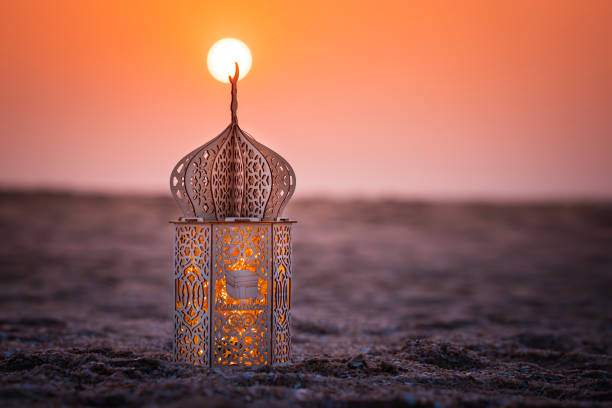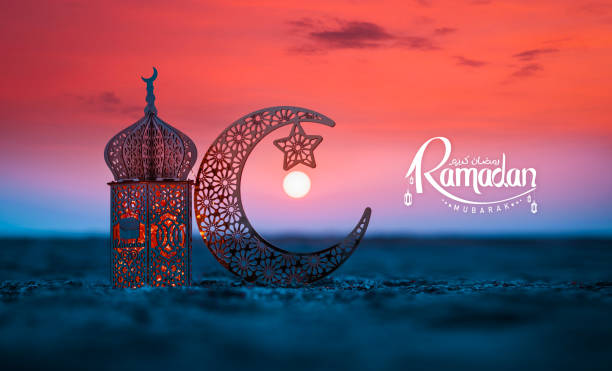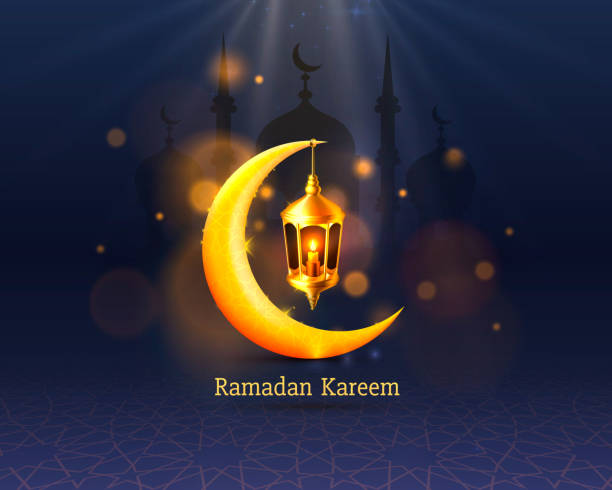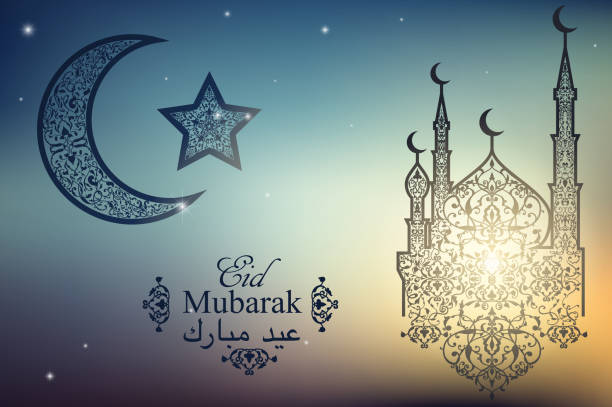Ramadan 2025: Fasting, Worship is the most blessed and sacred month in the Islamic calendar. During this month, Allah Almighty bestows His mercy, forgiveness, and freedom from Hell upon His servants. Ramadan 2025 will also bring with it a message of faith, worship, and piety. In this article, we will discuss the virtues of Ramadan, the methods of worship, tips for maintaining health, and how to fully benefit from the blessings of this holy month.
The Virtues of Ramadan
The month of Ramadan has been made obligatory for Muslims by Allah Almighty in the Holy Quran. It is mentioned in the Quran:
“The month of Ramadan is the one in which the Quran was revealed, a guidance for mankind, and clear proofs of the guidance and the criterion.” (Surah Al-Baqarah, 2:185)
The greatest virtue of this month is that it includes Laylatul Qadar (the Night of Decree), which is better than a thousand months. The reward for worship on this night is so immense that the worship performed on this night is superior to that of 83 years.

The Importance and Reward of Fasting
Fasting is one of the five pillars of Islam. The Prophet Muhammad (S.A.W.) said:
“Whoever fasts during Ramadan out of faith and seeking reward, his previous sins will be forgiven.” (Sahih Bukhari)
The purpose of fasting is not merely to abstain from food and drink, but to protect oneself from sins and to attain piety. Fasting instills qualities such as patience, gratitude, and compassion in a person.
The Significance of Sehri and Iftar
Sehri (pre-dawn meal) and Iftar (breaking the fast) are essential parts of Ramadan. Eating during Sehri is a Sunnah and carries blessings. The Prophet Muhammad (S.A.W.) said:
“Take Sehri, for there is blessing in it.” (Sahih Bukhari)
Iftar is a time to break the fast promptly and a moment when prayers are accepted. It is Sunnah to break the fast with dates or water. The dua for Iftar is:

“Allahumma laka sumtu wa ala rizqika aftartu.”
(O Allah! I fasted for You, and with Your provisions, I break my fast.)
Recitation of the Quran in Ramadan
Ramadan is the month in which the Quran was revealed. Therefore, it is important to focus on the recitation of the Quran during this month. Aim to recite at least one Juz (section) of the Quran daily. The reward for reciting the Quran during Ramadan is multiplied by 70 times.
Seeking Laylatul Qadar
The last 10 days of Ramadan should be spent in search of Laylatul Qadar (the Night of Decree). It is believed to occur on the 27th night of Ramadan, but it should be sought in the odd nights of the last 10 days. Worship on this night, including Quran recitation, dua, and seeking forgiveness, holds immense significance.
Zakat and Charity in Ramadan
Giving Zakat and charity during Ramadan is highly virtuous. Zakat is one of the pillars of Islam, and its calculation is based on one’s wealth and savings. Giving charity increases sustenance and leads to the forgiveness of sins.

Maintaining Health During Ramadan
Taking care of one’s health during fasting is crucial. Here are some tips:
- Eat healthy during Sehri: Include foods like poha, oatmeal, fruits, and protein-rich items.
- Maintain a balanced diet during Iftar: Include dates, fruits, and light meals in Iftar.
- Stay hydrated: Drink plenty of water during Sehri and Iftar.
- Avoid fried foods: Opt for healthier alternatives instead of oily and fried foods.
Avoiding Sins During Ramadan
Ramadan is an opportunity to avoid sins and purify one’s soul. Here are some ways to do so:
- Avoid anger: Anger is a whisper from Satan, so practice patience.
- Stay away from backbiting and slander: Backbiting can nullify the rewards of fasting.
- Purify the heart: Engage in constant remembrance of Allah and protect your heart from sins.
The Last 10 Days of Ramadan
The last 10 days of Ramadan are the most blessed. It is Sunnah to perform Itikaf (seclusion in the mosque) during these days. Laylatul Qadar also occurs during these nights.
Conclusion
Ramadan 2025 is the perfect opportunity to seek forgiveness for sins and improve one’s worship. Spend this month with complete faith and sincerity. Fasting, reciting the Quran, and making dua will fill your life with blessings. May Allah grant us all the ability to benefit from the blessings of this Ramadan.


Pingback: The Virtue and Rewards of Surah Al-Ikhlas A Detailed Insight